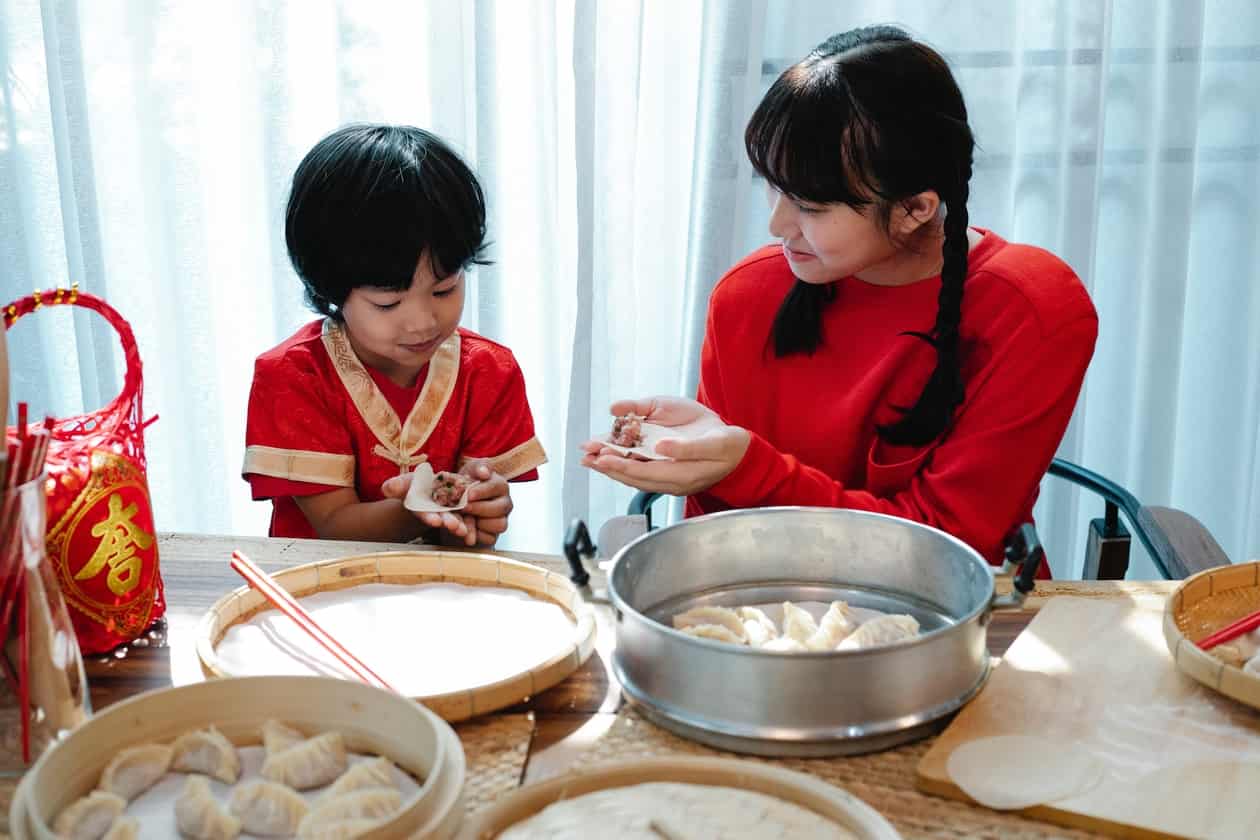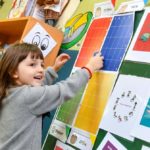Homeschooling has become a popular choice for many parents wanting to provide a tailored and comprehensive education for their children. While academic subjects such as math, science, and literature often take center stage, it’s equally important to emphasize the significance of home economics in homeschooling. We’ll discuss why teaching life skills at home is crucial to homeschooling and how you can incorporate home economics into your homeschooling curriculum.
Why Home Economics Matters in Homeschooling
Home economics, also known as family and consumer sciences, encompasses many practical life skills essential for a well-rounded education. These skills include cooking, budgeting, sewing, nutrition, time management, and basic home maintenance. Integrating home economics into your homeschooling curriculum has several compelling advantages.
Real-World Relevance
One of the primary reasons home economics is vital in homeschooling is its real-world applicability. Your child will use these skills throughout their life, whether they’re managing a household, living independently, or raising a family. Teaching these skills at home gives your child a strong foundation for self-sufficiency and responsible adulthood.
Keep in mind that these practical skills are transferable to various situations. For instance, understanding how to budget isn’t just about managing household finances; it’s about making informed decisions, setting priorities, and adapting to changing circumstances.
Practical Problem Solving
Home economics teaches practical problem-solving skills. From planning a family budget to sewing a button, these activities require critical thinking and creativity. These skills go beyond the classroom and can be applied to everyday challenges, fostering independence and self-reliance.
As your child tackles different tasks, they become more resourceful and adaptable. For example, when they encounter a cooking mishap or a clothing emergency, they’ll develop the ability to think on their feet and find solutions. These problem-solving skills are useful in the tasks themselves and in developing a resilient and capable mindset.
Holistic Education
A well-rounded education should not only focus on academic subjects but also on personal development. Home economics helps children develop essential life skills, emotional intelligence, and interpersonal skills. It promotes self-confidence and self-esteem as children see themselves mastering practical tasks.
These skills also contribute to a well-rounded personality. As your child learns to manage their time effectively, make healthy eating choices, and maintain their living space, they develop a sense of responsibility and self-worth. They gain the confidence to take on new challenges and become more self-assured in their interactions with others.
Incorporating Home Economics into Your Homeschooling Curriculum
Now that we understand the importance of home economics in homeschooling, let’s explore some practical ways to incorporate it into your curriculum.
1. Meal Planning and Cooking
Teaching your child to plan balanced meals, make a grocery list, and cook basic dishes is fundamental to home economics. Involve them in meal preparation by explaining the nutritional value of ingredients and demonstrating cooking techniques. Over time, they can gradually take on more responsibility in the kitchen.
2. Budgeting and Financial Literacy
Financial literacy is a vital life skill. Introduce your child to concepts like budgeting, saving, and responsible spending. Encourage them to manage their allowance or earnings, set financial goals, and track expenses. Real-life experiences, such as creating a budget for a family outing, can be valuable learning opportunities.
3. Sewing and Basic Clothing Maintenance
Basic sewing skills, like sewing on buttons or hemming pants, are practical. Teach your child how to mend their clothing, which saves money and promotes resourcefulness and self-sufficiency. You can start with simple sewing projects and gradually progress to more complex ones.
4. Home Maintenance
Introduce your child to basic home maintenance tasks like changing a lightbulb, fixing a leaky faucet, or performing routine household chores. These skills empower them to handle minor household issues independently and responsibly.
5. Time Management
Time management is essential for academic success and daily life. Teach your child to create schedules, prioritize tasks, and manage their time effectively. Encourage them to set goals and deadlines, helping them develop crucial time management skills.
6. Manage Stress and Adaptability
Physical, emotional, social, or economic factors can cause stress. Stress is inescapable, and we all feel it at some point in our lives. Thankfully, we can adapt and learn coping tactics and good behaviors that lower stress and protect the body from its adverse consequences of stress.
Assessing Progress and Growth
As you incorporate home economics into your homeschooling curriculum, assessing your child’s progress and growth is essential. Some ways to accomplish this are:
- Observation: Observe your child’s ability to perform various home economics tasks and evaluate their level of independence—note areas where they excel and where they might need more guidance and practice.
- Practical Exercises: Assign practical exercises or projects related to home economics regularly. For example, you can have them plan a family meal, create a budget for a hypothetical scenario, or complete a sewing project. Examine their work and offer helpful comments.
- Encourage Questions: Encourage your child to ask questions and seek clarification on home economics topics. Be open to discussing their concerns and providing guidance as needed.
- Self-Assessment: Encourage self-assessment by having your child reflect on their progress. Ask them to set personal goals and evaluate their achievements periodically. This practice promotes self-awareness and self-improvement.
Create a Cool Homeschooling Area
Creating a space in your home for homeschooling is essential to ensure an effective and comfortable learning environment for your child. If you don’t already have a dedicated area in your home, here are some tips on how to do it:
- To create the right space, consider dedicating a specific area for learning activities, whether it’s a corner in the living room, a spare room, or even remodeling a kids’ room.
- This space should be free from distractions and equipped with essential supplies like a desk, comfortable seating, good lighting, and storage for educational materials.
- Do some careful planning and design this space so you can optimize your child’s learning experience, making homeschooling a productive and enjoyable endeavor.
Conclusion
Incorporating home economics in homeschooling curriculum is an amazing way to equip your child with invaluable life skills that will serve them well in adulthood. These skills go beyond textbooks and classrooms, offering real-world relevance, problem-solving abilities, and holistic education. You empower your child to become independent, self-reliant, and well-prepared for the challenges of life outside of school.




